{Main page Institute of Computer Science Polish Academy of Sciences}
{News}
-

Six IPI PAN Scientists in World’s TOP 2% Scientists 2025 by Stanford University
Once again, scientists from the IPI PAN have been ranked among the most influential 2% of researchers in the world, according to the adopted citation indexes of their publications. This is the fifth edition of the study, based on an article published in the journal PLOS Biology by authors from Stanford University, Elsevier and SciTech Strategies, which presents a publicly available database that provides standardised information taking into account publication output. Congratulations! The distinguished ones from IPI PAN include: Marta Kwiatkowska, Stan Matwin, Zbigniew Michalewicz, Wojciech Penczek, Józef Pieprzyk and Wojciech Jamroga.
-
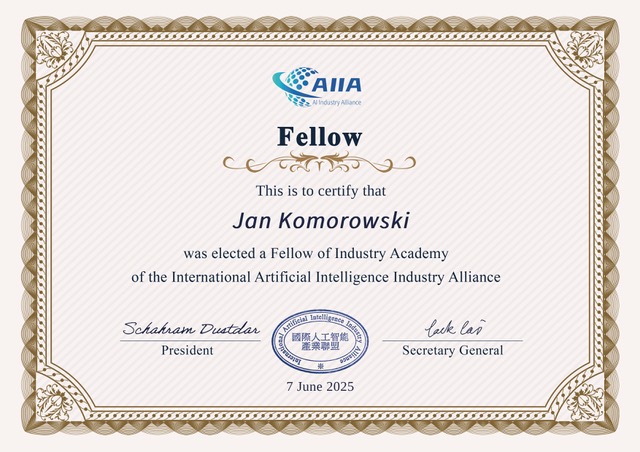
Prof. Jan Komorowski was elected a Fellow of Industry Academy of the AIIA.
Prof. Jan Komorowski from IPI PAN (Institute of Computer Science Polish Academy of Sciences was elected a Fellow of Industry Academy of the International Artificial Intelligence Industry Alliance (AIIA).
Congratulations!
-

Researchers from IPI PAN in the Best Computer Science Scientists Research.com ranking 2025
Researchers from IPI PAN (Institute of Computer Science Polish Academy of Sciences) among the world's leading environmental scientists in computer science in the 11th edition of the Research.com ranking (Best Computer Science Scientists):
- prof. Marta Kwiatkowska,
- prof. Zbigniew Michalewicz,
- prof. Stanisław Matwin,
- prof. Józef Pieprzyk.
The Research.com ranking of the best scholars in the discipline of Computer Science is based on researchers D-index (discipline-specific H-index), which includes exclusively publications and citation data for an examined discipline.
READ MORE about Research.com ranking -

Six IPI PAN Scientists in World’s TOP 2% Scientists 2024 by Stanford University
Once again, scientists from the IPI PAN have been ranked among the most influential 2% of researchers in the world, according to the adopted citation indexes of their publications. This is the fifth edition of the study, based on an article published in the journal PLOS Biology by authors from Stanford University, Elsevier and SciTech Strategies, which presents a publicly available database that provides standardised information taking into account publication output. Congratulations! The distinguished ones from IPI PAN include: Marta Kwiatkowska, Stan Matwin, Zbigniew Michalewicz, Wojciech Penczek, Józef Pieprzyk and this year Wojciech Jamroga joined this group
The mission of the Institute
The mission of the Institute as one of the leading CS research centres in Poland is: conducting research on the highest world level, education at the PhD level, as well as cooperation, or coordination of cooperation, with other research centres under large IT projects.
-

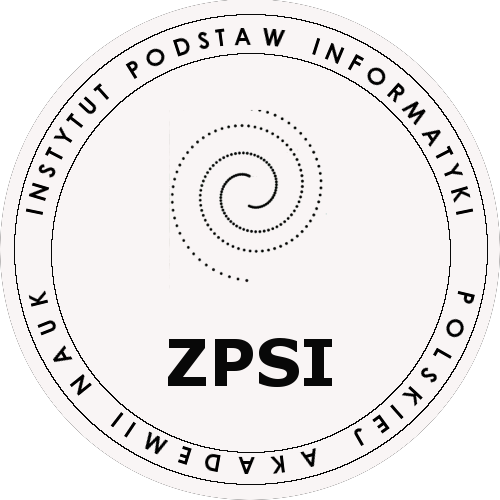
Foundations of Artificial Intelligence Group has been tackling leading AI challenges for four decades. We created a large-scale semantic search engine, and systems for eco-optimization of power network and for assessing consumer price trends. Currently we develop explainable methods of Graph Spectral Analysis, overcoming its black-box nature.
-


Linguistic Engineering Group, is the author of resources and tools for processing of Polish. The flagship product (developed jointly with the Institute of the Polish Language PAS, Polish Scientific Publishers and University of Lodz) is the National Corpus of Polish.The Group’s newest achievement is Jasnopis.pl
-

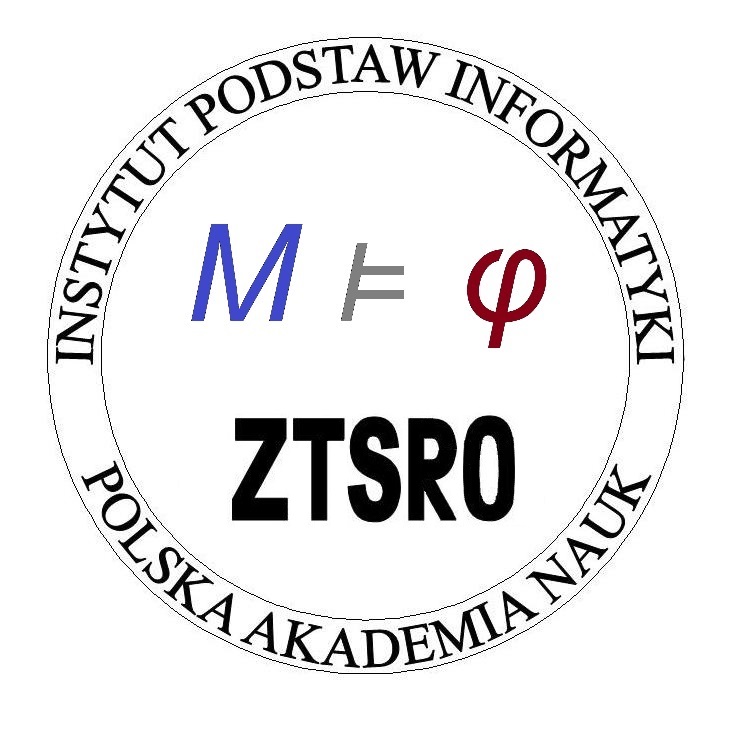
Theory of Distributed and Computing Systems Grouphas developed an experimental verifier STV for multi-agent systems with support for ATL strategic logic with imperfect information. Among other things, the tool was used to verify strategic properties in simple election procedures and collective learning algorithms.
-


Computational Biology Group – has participated in developing a strategy for detecting mutations in regulator regions, using its own data analysis methods.
-

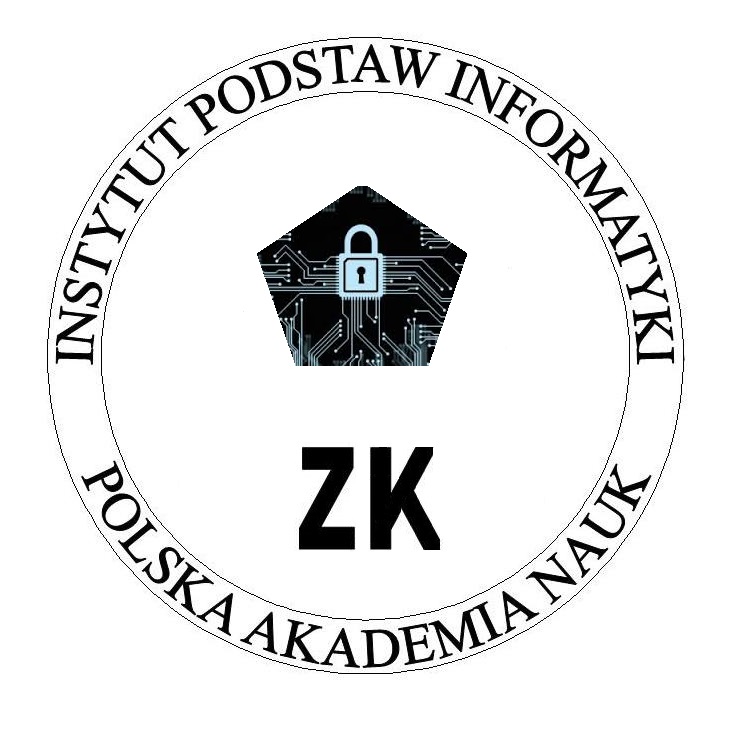
Cryptography Group participated in the design and testing of an encrypted data transmission protocol for the new trading platform of the Warsaw Stock Exchange. The project was implemented with funds from the National Center for Research and Development.
-

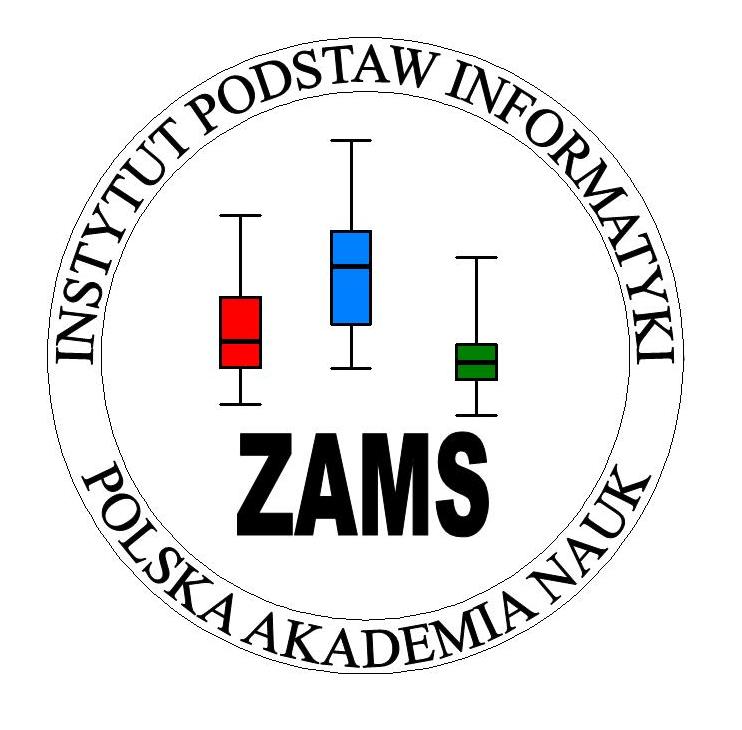
Statistical Analysis and Modelling Group is achieving very important results on selection of variables in statistic regression problems, differential modelling and development of new models for text production.




